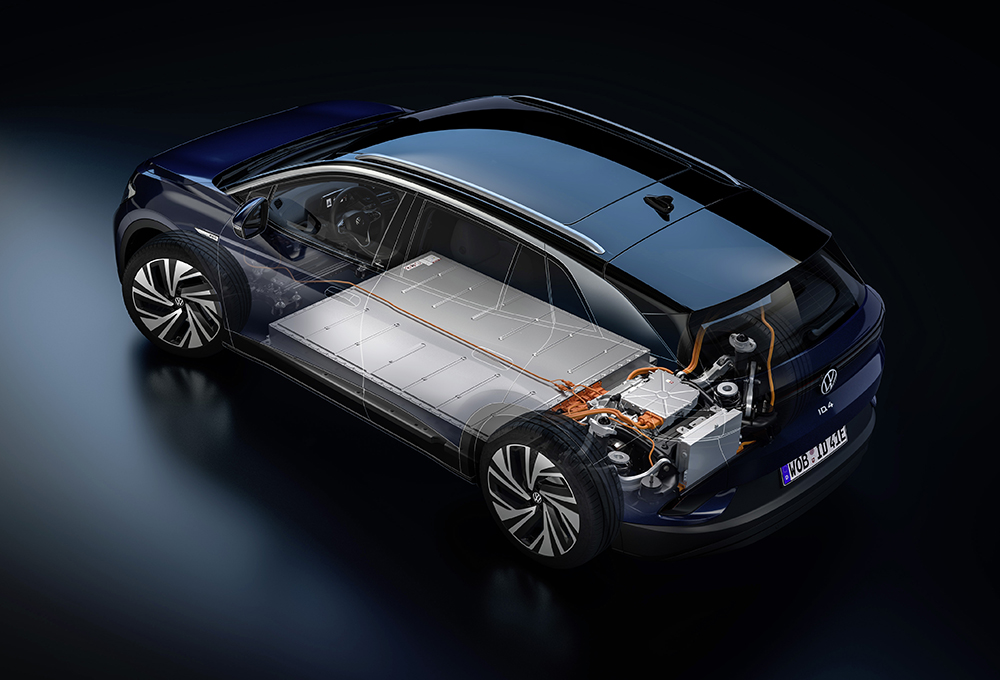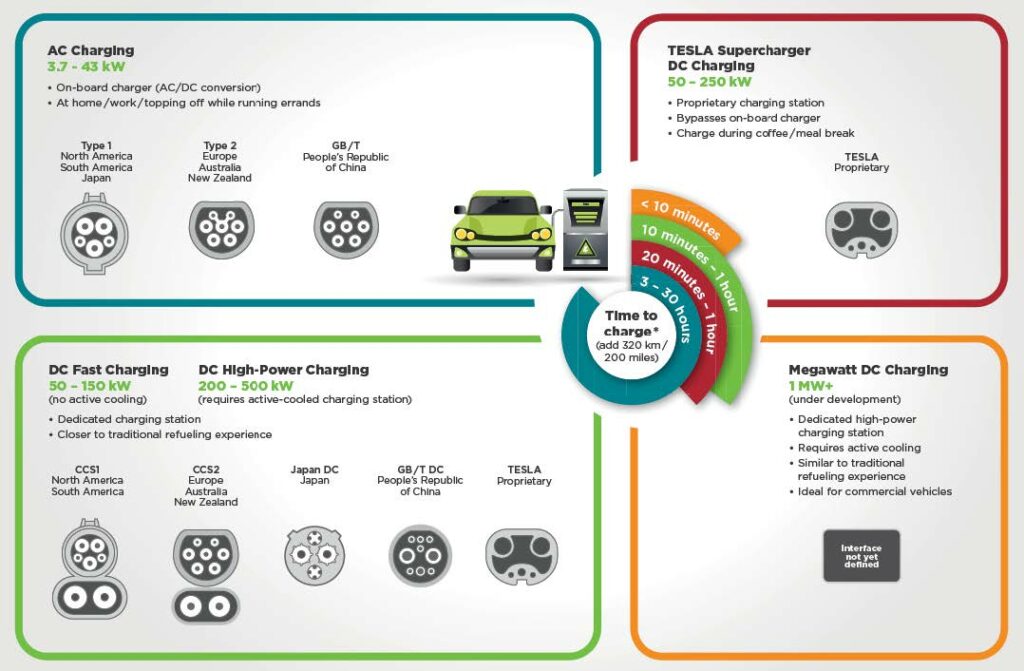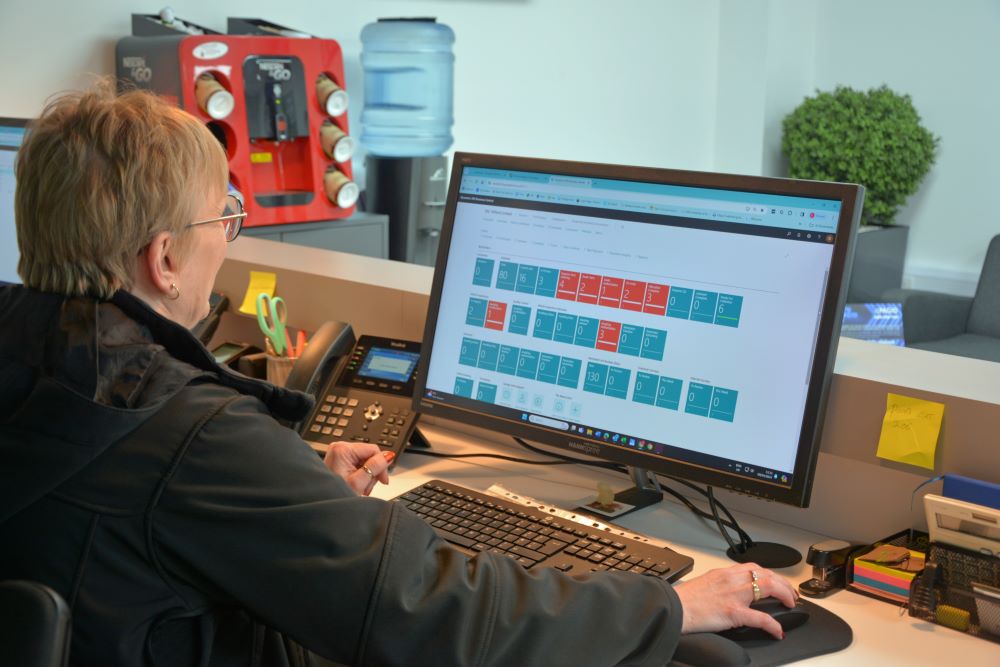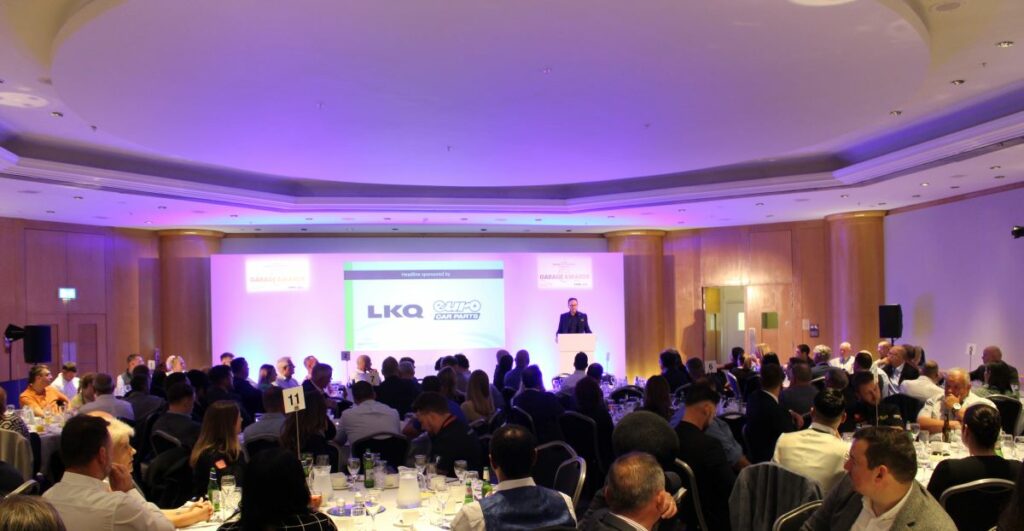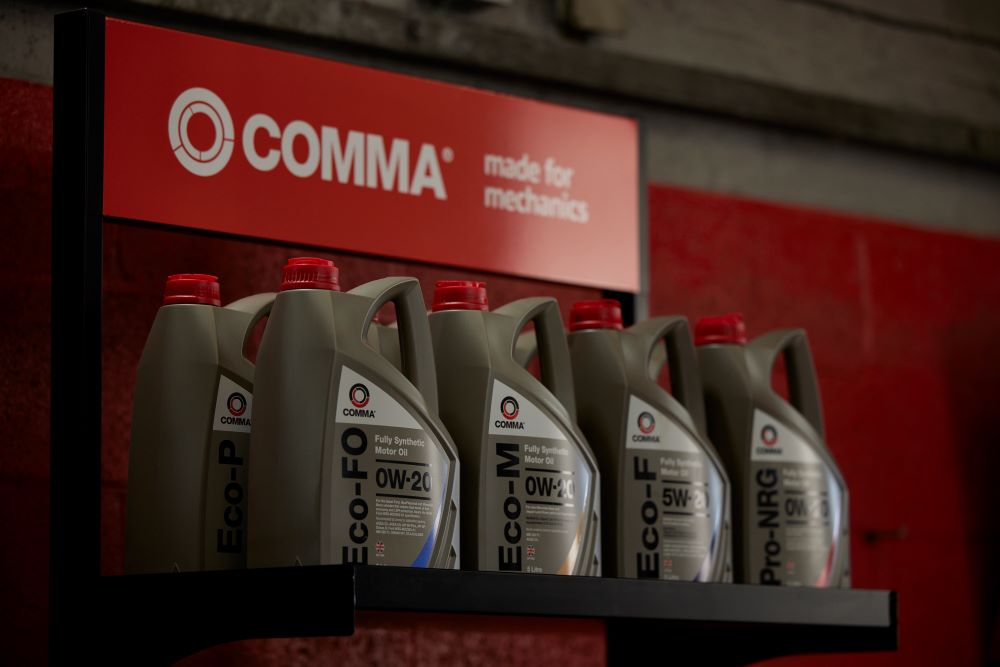Many companies and researchers are working on a new battery technology for electric cars that could be production-ready in the near future. Solid-state cells could be a breakthrough technology as the batteries charge faster and are smaller than current technologies.
Solid-state batteries
Bosch state that with the new solid-state cells, there is the potential to more than double energy density and, at the same time, reduce the costs considerably. A comparable electric car that has a driving range today of 150 km would be able to travel more than 300 km without recharging at a lower cost. Engineers are working on further refining the technology and, in doing so, making electromobility a more practical proposition.
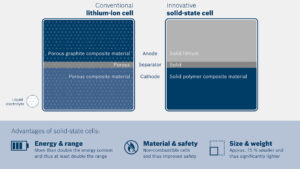
Figure 1 Potential of solid-state batteries for EVs (Source: Bosch Media)
The performance of an energy storage device can be improved by various methods. For example, in cell chemistry, the material that the positive and negative poles (cathode and anode) are made of, for example, plays a major role. In current lithium-ion batteries, one of the reasons energy capacity is limited is because the anode consists, to a large degree, of graphite. Using solid-state technology means the anode can be made out of pure lithium, which considerably increases storage capacity. In addition, the new cells function without ionic liquid, which means they are not flammable.
Toyota is in the process of developing advanced battery technology that they claim will significantly enhance the range of future electric vehicles (EVs) to an impressive 932 miles (1,500 km).
The manufacturer has announced its commitment to achieving a ground-breaking improvement in battery performance within the next five years. By 2026, Toyota intends to introduce new battery technology that will offer an extended range of 1,000 km (621 miles) through enhanced energy density, weight reduction and improved vehicle aerodynamics. They also aim to reduce costs by 20% compared to the current model while achieving a quick charging time of 20 minutes or less, for a 10–80% power charge.
One such innovation is the implementation of a bipolar structure battery, which has already been utilised in the Aqua and Crown hybrid vehicles and will now be applied to BEVs. This battery utilises lithium iron phosphate (LFP) and is anticipated to be available between 2026 and 2027. This low-cost battery is projected to offer a 20% increase in range compared to their current model (approximately 375 miles), with a significant 40% reduction in cost and a recharge time of 30 minutes or less (10–80% charge).
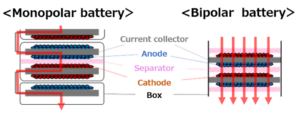
Figure 2 Monopolar and Bipolar batteries (Source: Toyota Media)
However, as mentioned above, the real game-changer on the horizon is the development of all-solid-state batteries, which have the potential to revolutionise the distance that vehicles can travel on a single charge. Toyota states that it has made a technological breakthrough with their all-solid-state battery technology. This is expected to deliver a further 20% improvement in range, along with an even faster charging time of 10 minutes or less (10–80% charge). As a result, Toyota’s BEVs could potentially achieve a remarkable range of up to 1,200 km (745 miles).
In tandem with these advancements, the company is also working on a higher-level specification battery that aims to provide an extraordinary 50% increase in range, pushing the boundaries to a remarkable 1,500 km (932 miles).
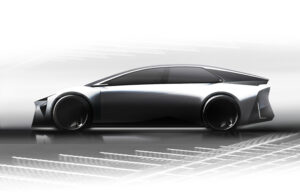
Figure 3 Toyota (Source: Toyota Media)
The figures quoted will be WTLP so real world will be less. However, these are great ambitions and Toyota does have a history of innovation. As with all claims about amazing new battery technologies, we will have to wait and see.




